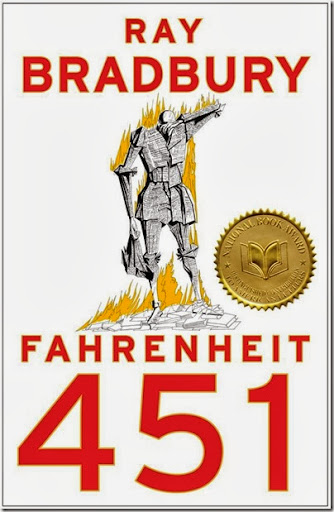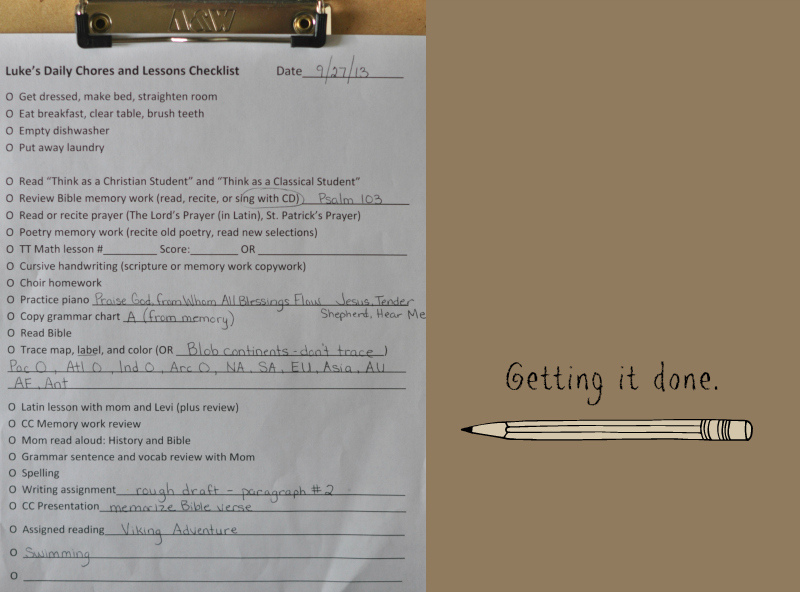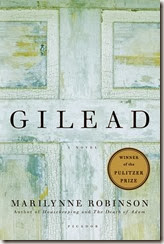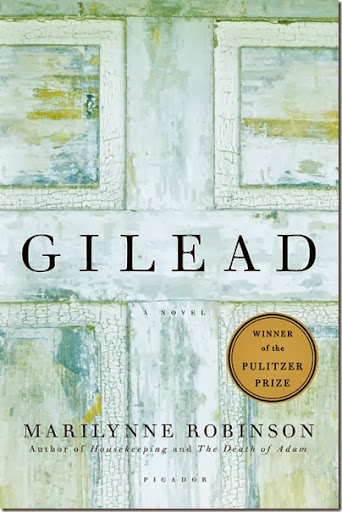Written over 60 years ago. Blows. My. Mind.
(It seems most sacrilegious to share piecemeal quotes of Bradbury’s book. As he says, “In sum, do not insult me with the beheadings, finger-choppings, or the lung-deflations you plan for my works. I need my head to shake or nod, my hand to wave or make into a fist, my lungs to shout or whisper with. I will not go gently onto a shelf, degutted, to become a non-book.” Nonetheless, here are a few of my favorites.)
p. 29
“I’m antisocial, they say. I don’t mix. It’s so strange. I’m very social indeed. It all depends on what you mean by social, doesn’t it? Social to me means talking to you about things like this…Or talking about how strange the world it. Being with people is nice. But I don’t think it’s social to get a bunch of people together and then not let them talk, do you? An hour of TV class, an hour of basketball or baseball or running, another hour of transcription history or painting pictures, and more sports, but do you know, we never ask questions, or at least most don’t; they just run the answers at you, bing, bing, bing, and us sitting there for four more hours of film teacher. That’s not social to me at all. It’s a lot of funnels and a lot of water poured down the spout and out the bottom, and them telling us it’s wine when it’s not.”
p. 31
“Sometimes I sneak around and listen in subways. Or I listen at soda fountains, and do you know what?…People don’t talk about anything…They name a lot of cars or clothes or swimming pools mostly and say how swell! But they all say the same things and nobody says anything different from anyone else.”
p. 55
"School is shortened, discipline relaxed, philosophies, histories, languages dropped, English and spelling gradually gradually neglected, finally almost completely ignored. Life is immediate, the joy counts, pleasure lies all about after work. Why learn anything save pressing buttons, pulling switches, fitting nuts and bolts?”
p. 57
“More sports for everyone, group spirit, fun, and you don't have to think, eh? Organize and organize and superorganize super-super sports. More cartoons in books. More pictures. The mind drinks less and less. Impatience. Highways full of crowds going somewhere, somewhere, somewhere, nowhere..."
p. 58
"With school turning out more runners, jumpers, racers, tinkerers, grabbers, snatchers, fliers, and swimmers instead of examiners, critics, knowers, and imaginative creators, the word 'intellectual,' of course, became the swear word it deserved to be... We must all be alike. Not everyone born free and equal, as the Constitution says, but everyone *made* equal...So! A book is a loaded gun in the house next door...Who knows who might be the target of a well-read man?"
p. 60
“Heredity and environment are funny things. You can’t rid yourselves of all the odd ducks in just a few years. The home environment can undo a lot you try to do at school. That’s why we’ve lowered the kindergarten age year after year until now we’re almost snatching them from the cradle.”
p. 61
“If the government is inefficient, topheavy, and tax-mad, better it be all those than that the people worry over it.
“Give the people contests they win by remembering the words to more popular songs…Cram them full of noncombustible data, chock them so damned full of ‘facts’ they feel stuffed, but absolutely ‘brilliant’ with information. Then they’ll feel they’re thinking, they’ll get a sense of motion without moving. And they’ll be happy…Any man who can take a TV wall apart and put it back together again, and most men can, nowadays, is happier than any man who tries to slide-rule, measure, and equate the universe, which just won’t be measured or equated without making man feel bestial and lonely. I know, I’ve tried it; to hell with it. So bring on your clubs and parties, your acrobats and magicians…”
p. 75
“I don’t talk things, sir,” said Faber. “I talk the meaning of things. I sit here and know I’m alive.”
p. 96
“I plunk the children in school nine days out of ten. I put up with them when they come home three days a month; it’s not bad at all. You heave them into the ‘parlor’ and turn the switch. It’s like washing clothes: stuff laundry in and slam the lid.”
p. 98
“Did you hear them, did you hear these monsters talking about monsters? Oh God, the way they jabber about people and their own children and themselves and the way they talk about their husbands and the way they talk about war, dammit, I stand here and I can’t believe it!”
p. 153
“Do you really think they’ll listen then?”
“If not, we’ll just have to wait. We’ll pass the books on to our children, by word of mouth, and let our children wait, in turn, on the other people. A lot will be lost that way, of course. But you can’t make people listen. They have to come ‘round in their own time, wondering what happened and why the world blew up under them. It can’t last.”
“But that’s the wonderful thing about man; he never gets so discouraged or disgusted that he gives up doing it all over again, because he knows very well it is important and worth the doing.”
p. 155
“When I was a boy my grandfather died, and he was a sculptor. He was also a very kind man who had a lot of love to give the world, and he helped clean up the slum in our town; and he made toys for us and he did a million things in his lifetime; he was always busy with his hands. And when he died, I suddenly realized I wasn’t crying for him at all, but for all the things he did…He was an individual. He was an important man. I’ve never gotten over his death. Often I think what wonderful carvings never came to birth because he died. How many jokes are missing from the world, and how many homing pigeons untouched by his hands. He shaped the world. He did things to the world, The world was bankrupted of ten million fine actions the night he passed on.”
Coda p. 178
“If teachers and grammar school editors find my jawbreaker sentences shatter their mushmilk teeth, let them eat stale cake dunked in weak tea of their own ungodly manufacture.”
Interview p. 184
“We bombard people with sensation. That substitutes for thinking.”



































